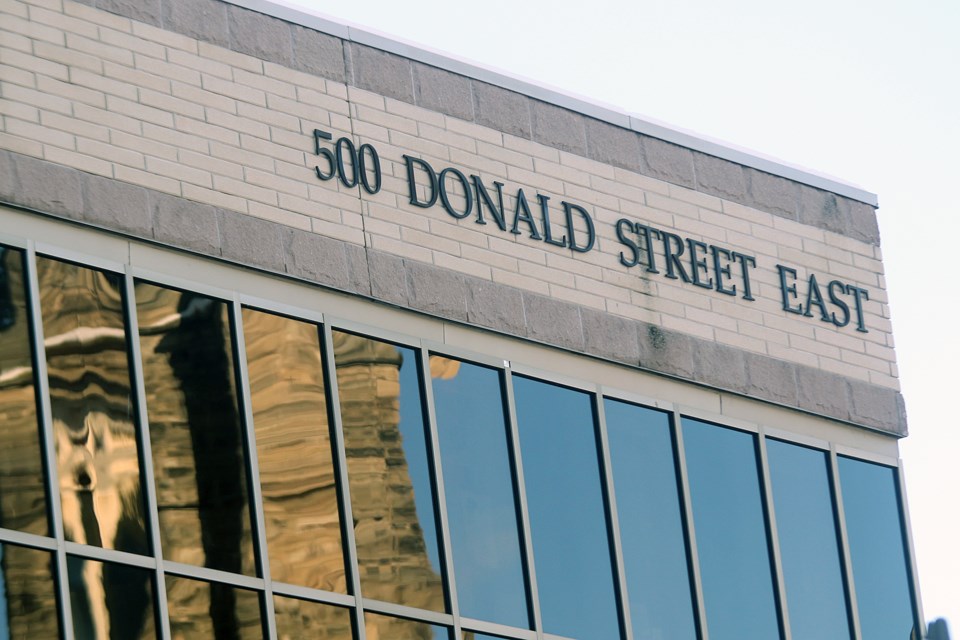THUNDER BAY — A fiscal update shows the City of Thunder Bay has significantly shrunk its projected deficit for 2023, a result that — if realized — would avert the need to draw millions from the municipal government's reserve funds.
The city’s projected deficit fell to $800,000 in a third-quarter financial variance report released Thursday.
While that would still see the city end the year in the red, it’s a marked improvement from the previous $3.4-million deficit projection released in July.
City treasurer Keri Greaves called the update "good news" in the face of serious financial challenges for the city.
"That $800,000 is a big number, but relative to the entire tax levy, it's relatively small," he said, amounting to 0.3 per cent on the city's $300-million budget.
"It just shows how tightly the city budgets and that there's not a lot of wiggle room — and in spite of increasing costs that we see, we're able to work within the budget that we were provided."
The brighter outlook came even as police spending — typically the chief culprit in municipal overruns — trended further over budget.
City spending on police is projected to come in $2 million over the budgeted amount of roughly $55 million. That overage grew by about $200,000 since the second-quarter report.
The overspending by police has been attributed to factors like retirement entitlements for several senior staff, overtime costs, WSIB expenses, and legal fees.
The largest factor in easing the city’s deficit projection was a dramatic reduction in estimated payouts to cover historic cancer claims by firefighters.
The province expanded WSIB coverage for the profession earlier this year, adding thyroid and pancreatic cancers to the list of conditions presumed to be work-related for firefighters.
The city had projected $4 million in unbudgeted costs related to that decision in its second-quarter update, based on preliminary estimates from the WSIB.
That figures has been revised down to $2.5 million, though Greaves cautioned that still represents a rough estimate.
Most or all of that cost is expected to related to historic cases, with the WSIB reviewing denied claims dating back to 1960.
The city has $3.2 million in its WSIB reserve fund, which administration suggests could be used to cover the claims.
If the $2.5-million estimate holds true, that would leave the city with a $1.7-million surplus, which administration said could be used to beef up its stabilization reserve fund.
That fund, the city’s main rainy-day reserve, currently has a balance of around $10 million, an amount cited as a minimum target by staff.
"It does help smooth out those unexpected variances that may occur from year to year," said Greaves. "If [council] was to decide to put the remaining surplus into the stabilization reserve, it'll help in future years."
Two other major factors in reducing the deficit were vacancy savings trending $1.2 million over budget, thanks to "significant temporary staff vacancies," and a projected $1.1-million surplus in long-term care and senior services, thanks mainly to increased provincial grant revenues and savings on contracted services.
The city also saw $500,000 in increased fine revenue, $400,000 in insurance-related savings after switching to a provider with lower premiums, and $200,000 in savings related to the closure of Algoma Day Care.
Rate-supported operations were set to break even overall, with the variance report showing the landfill is on track for a $900,000 deficit, while wastewater and waterworks are projected to generate a combined $900,000 surplus.
The city is considering increasing landfill fees in 2024 to address a recent trend of losses there.
